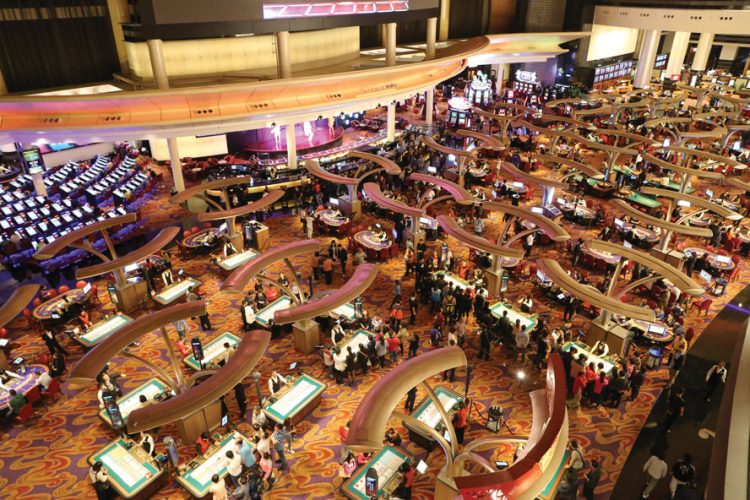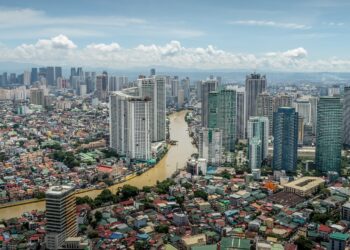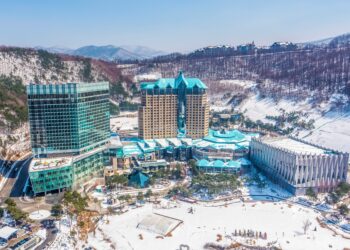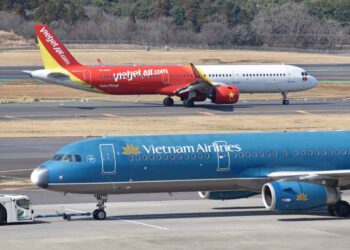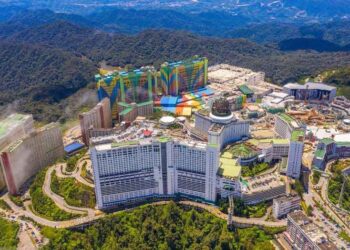Welcome to the fifth in a series of articles on the Macau gaming law IAG is publishing throughout the month of March and in early April:
| Part | Date | Article |
|---|---|---|
| 1 | Wed 2 Mar | Here comes the extension … 26 June now seems impossible |
| 2 | Fri 4 Mar | Cross-shareholding provisions crossing the line? |
| 3 | Mon 7 Mar | Problematic consequences of the satellite purge |
| 4 | Wed 9 Mar | Does the chip cap need a rethink? |
| 5 | Fri 11 Mar | Reversion of gaming areas – a problem no one is talking about |
| 6 | Mon 14 Mar | Directors’ liability – changing centuries of corporate law? |
| 7 | Mon 16 Mar | Junkets, collaborators and concessionaire liability |
| 8 | Fri 25 Mar | Minimum income – a stealthy gaming tax rate hike? |
| 9 | Mon 28 Mar | National Security – a get out of jail free card for the government? |
| 10 | Fri 1 Apr | Confusion reigns over so-called “Managing Director” shareholding |
| 11 | Sun 3 Apr | 10-year concessions hamper investment in Macau |
| 12 | Wed 6 Apr | Too broad suitability checks will dilute their effectiveness |
| 13 | Thu 7 Apr | Provisions regarding other jurisdictions can cause legal conflict |
| 14 | Fri 8 Apr | And that’s a wrap – where to from here? |
One aspect of the new Macau gaming law which isn’t getting much airplay – publicly at least – is that of “reversion.” This is a massive issue involving a tussle between the Macau government and the six concessionaires over billions of dollars in assets. Behind closed doors, it is a subject on the lips of all top C-level executives around town, because so much money stands to change hands – both at the end of the current concessions and for years to come.
When the Macau government liberalized the casino gaming industry in 2001, it set up a classic BOOT (Build, Own, Operate and Transfer) model. This is a great way for governments to develop major infrastructure projects at zero cost. Under BOOT, a government creates a PPP (public private partnership) in which a private company builds, owns and operates the infrastructure project, usually on land granted to it by the government. The private company gets an agreed period – often decades – to recoup the initial outlay and make a profit. After that, the infrastructure project is transferred back to the government either free of charge or at some contractually agreed amount.
This is exactly what the Macau government did in 2001 when it passed the Macau gaming law which liberalized the industry. Less than two years after the handover from Portugal to China, Macau needed to find a way to fund itself because under the basic law Macau’s taxation arrangements are independent of mainland China, and it could no longer rely on Portugal.
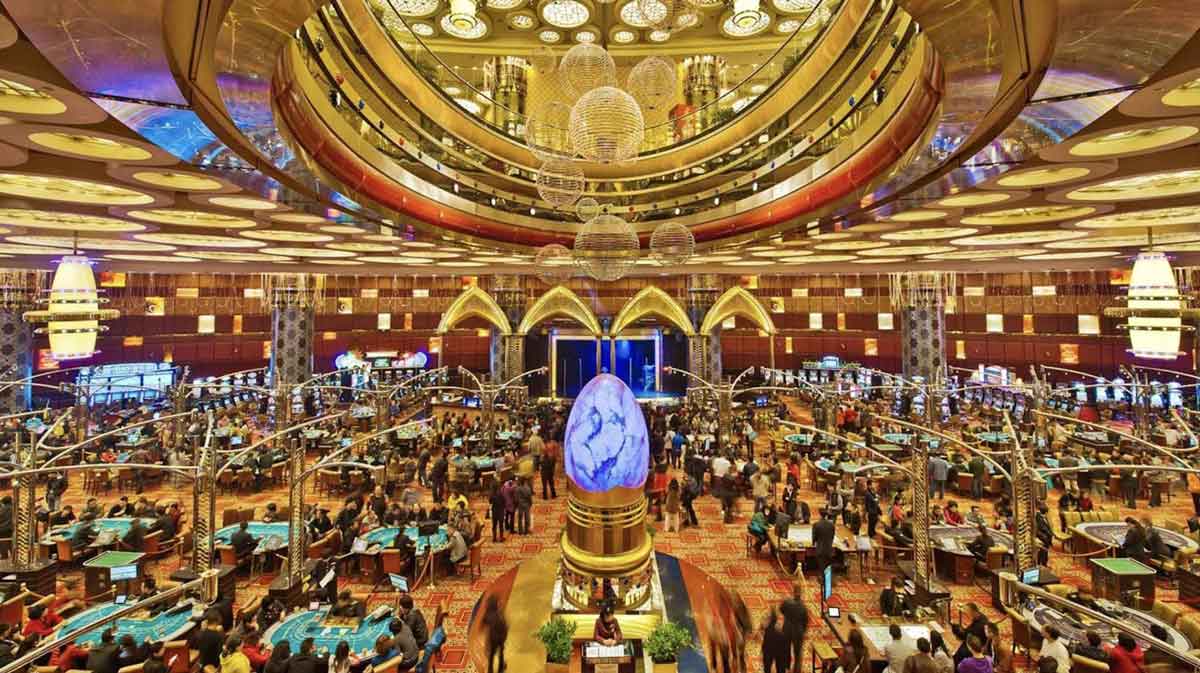
Then-Chief Executive Edmund Ho abandoned the monopoly casino model Macau had adopted for the best part of a century. He wanted a shiny new competitive and profitable industry with beautiful Las Vegas style IRs. Using the BOOT approach, the concessionaires paid for all this, in return for access to land and the right to profit from gaming in Macau for two decades. But after that period, article 40(1) of the Macau gaming law would apply. It provides that at the end of a concession, “… all the concessionaire’s casinos, along with all of their equipment and appliances … revert to the Macau SAR …”
This is the case even for the existing six concessionaires, whether they win a new concession or not. If an existing concessionaire wins a new concession beyond 31 December 2022, they will have to compensate the Macau government for the use of the now-government’s casinos and equipment – presumably by either paying rent or buying back the casinos and equipment.
It is only the casinos and gaming equipment that revert to the government, because only gaming operations, which are activities reserved by law for the government, are “conceded” to the concessionaires. Other aspects of the IRs – hotels, F&B, entertainment and so on – are not activities exclusive to the government and therefore do not require a special government concession.
And here is where the big question lies. What, precisely, are “casinos”? Article 2(1)(5) of the existing Macau gaming law simply defines “casinos” as “locations and premises where the management of games of chance activities are authorized by the Government of Macau.” But the proposed draft gaming law, currently being debated by Macau’s Legislative Assembly, creates a new and more extensive provision – article 5A – which defines the “scope of casinos” as areas for games of chance; the cage; casino surveillance; control work and ancillary facilities; chips and cash storage, count and transport; mechanical, electrical, water supply, sanitary and similar facilities; and “other logistics” as defined in the concession contract.
Such “other logistics” are not defined in the existing contracts between the concessionaires and the government, because article 5A didn’t exist in 2002 when those contracts were signed. It seems the government plans to include these “other logistics” areas in the contracts for future concessions.
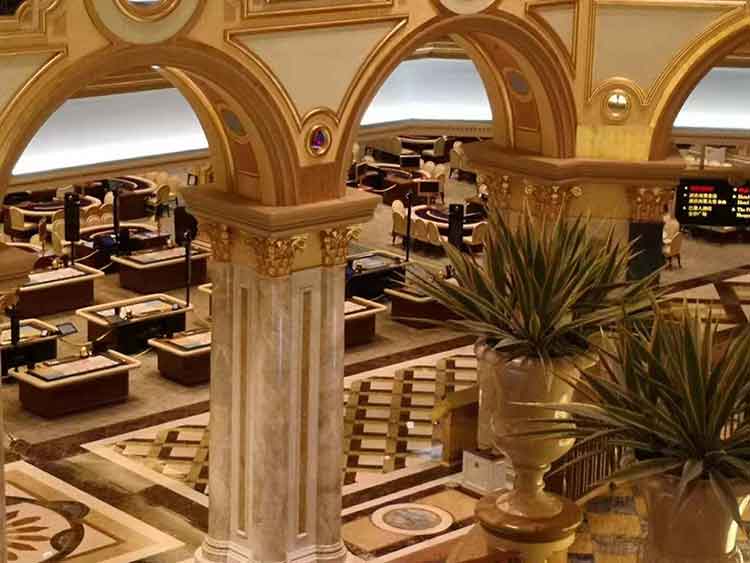
In 2002, investors in Macau’s gaming industry fully understood the casinos and gaming equipment would revert to the Macau government at the end of the concession period, and they invested on this basis. But now, under the new article 5A, the Macau government is looking to add in all manner of areas which would not normally be considered part of the casino area. And remember the new draft law will be enacted before the current concessions end on 31 December 2022, and therefore seemingly will apply to the reversion process to take place on that date. If you think that sounds like changing the rules at the last minute – or at least in the last six months of a 20-year contract – that’s because it arguably is!
It’s well known that in recent months the Gaming Inspection and Coordination Bureau (DICJ) has been working with the concessionaires to establish floor plans of all Macau IR facilities. These floor plans delineate three different types of area:
- Games of chance areas: gaming tables, slot machines, ETGs, cage areas, etc
- Gaming support areas: corridors to gaming areas, areas for storing gaming equipment, surveillance rooms, etc
- Common areas: just about everywhere else – staff canteen, back of house office space, etc
The draft text of the new Article 5A, along with this mapping process undertaken by the DICJ, suggests the Macau government is looking to have a lot more than just the casino areas revert to it. And if so, that will allow the government to charge the concessionaires a lot more to use those areas, once they revert to government ownership. These are areas which the concessionaires paid to develop in the first place!
It’s easy to see how floor space with a baccarat table on it, or the casino cage, is part of the casino – and therefore should revert to the government at the end of the concession, as was agreed back in 2002. It’s an understandable argument that the same applies to some gaming support areas – such as chip storage areas or casino surveillance rooms.
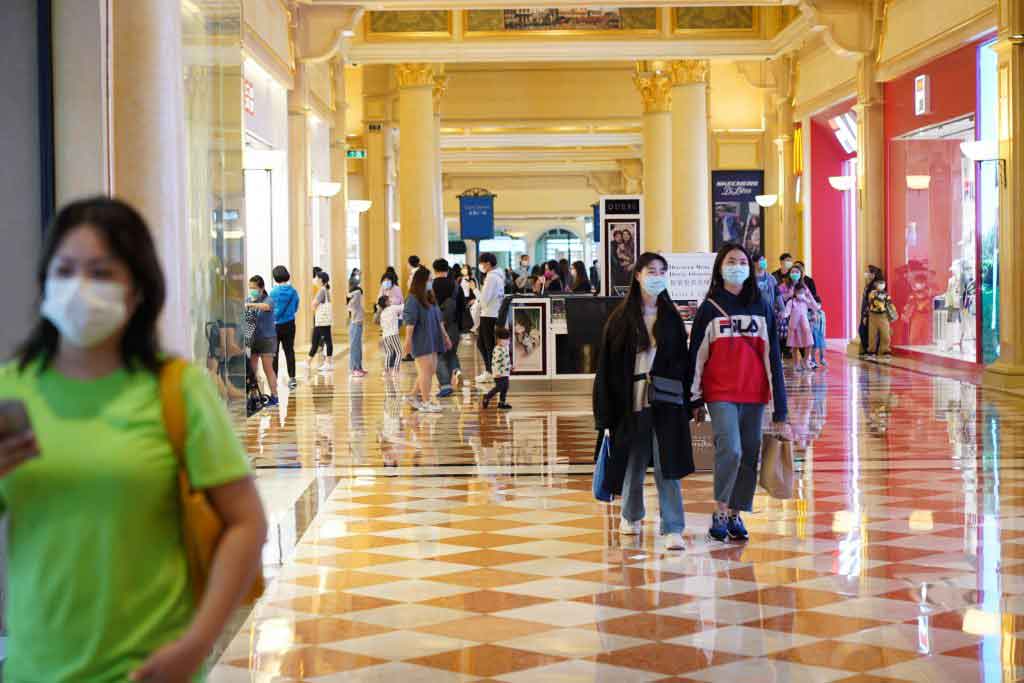
But what about common areas like the staff canteen, multi-use hallways, back of house administrative office space or HVAC (heating, ventilation and air conditioning) areas? Just because some gaming staff walk there sometimes, breath in the air or wash their hands in a bathroom – does that make it part of the “casino” area? Such areas are necessary to operate an IR, with all the non-gaming amenities the Macau government encouraged concessionaires to develop in the first place. How does the government expect concessionaires to operate their non-gaming businesses effectively, if those areas are now also required to be transferred to the government?
Worse still, why would IR operators continue to invest in non-gaming if they know a substantial chunk of that investment is going to be transferred to the government at the end of the concession period – which has now been reduced from 20 years to a maximum of 10 years?
At best, this seems like zealous enforcement of the law. At worst, it could be seen as confiscation of property. Only time will tell how this plays out.
The sixth article in this series will be published next week.
| Part | Date | Article |
|---|---|---|
| 1 | Wed 2 Mar | Here comes the extension … 26 June now seems impossible |
| 2 | Fri 4 Mar | Cross-shareholding provisions crossing the line? |
| 3 | Mon 7 Mar | Problematic consequences of the satellite purge |
| 4 | Wed 9 Mar | Does the chip cap need a rethink? |
| 5 | Fri 11 Mar | Reversion of gaming areas – a problem no one is talking about |
| 6 | Mon 14 Mar | Directors’ liability – changing centuries of corporate law? |
| 7 | Mon 16 Mar | Junkets, collaborators and concessionaire liability |
| 8 | Fri 25 Mar | Minimum income – a stealthy gaming tax rate hike? |
| 9 | Mon 28 Mar | National Security – a get out of jail free card for the government? |
| 10 | Fri 1 Apr | Confusion reigns over so-called “Managing Director” shareholding |
| 11 | Sun 3 Apr | 10-year concessions hamper investment in Macau |
| 12 | Wed 6 Apr | Too broad suitability checks will dilute their effectiveness |
| 13 | Thu 7 Apr | Provisions regarding other jurisdictions can cause legal conflict |
| 14 | Fri 8 Apr | And that’s a wrap – where to from here? |






